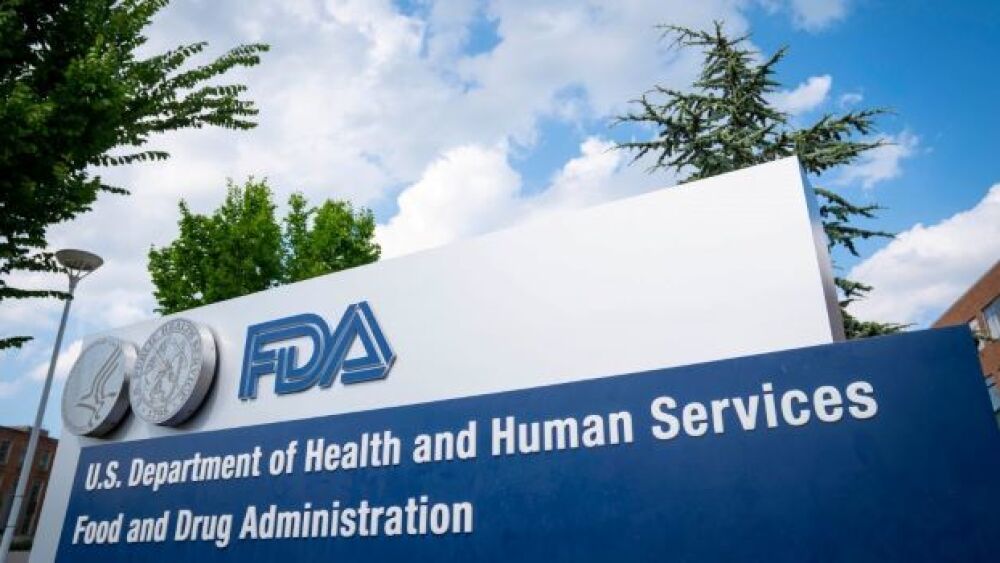The U.S. Food and Drug Administration (FDA) has approved BioXcel Therapeutics’ Igalmi, a drug designed to reduce agitation episodes in bipolar disorder and schizophrenia patients.
Sarah Silbiger/Getty Images
Connecticut-based BioXcel Therapeutics announced a win for artificial intelligence in the pharmaceutical industry. The U.S. Food and Drug Administration (FDA) has approved a sublingual film drug that aims to reduce the occurrence of agitation episodes in patients diagnosed with bipolar disorder or schizophrenia. Igalmi (dexmedetomidine) is an easy-to-administer, fast-acting drug that has revived a decades-long approval stagnation in the acute treatment of schizophrenia and bipolar disorder.
Developed using BioXcel’s AI platform and referred to as BXCL501, Igalmi works as quickly as 20 minutes post-administration. This rapid onset is critical for schizophrenia and bipolar disorder patients, as the disorders are trademarked by agitation states that affect up to one-quarter of patients and occur an average of 10 to 17 times a year. Agitative states can require medical attention to bring resolution, meaning a treatment has been long-awaited by patients and medical caregivers.
Dr. John Krystal, a professor at the Yale School of Medicine and Chair of the school’s Department of Psychiatry, commented on the previously unmet need. “There are large numbers of patients who experience agitation associated with schizophrenia and bipolar disorders, and this condition has been a long-standing challenge for healthcare professionals to treat,” Krystal said.
Schizophrenia and bipolar disorder patients are estimated to exceed seven million in the U.S. alone. While 75% of these patients do not experience agitation episodes that would require care, the number affected remains alarming.
The company published data from the Phase III SERENITY II clinical trial early this year, demonstrating efficacy and safety. The trial was double-blinded, randomized and placebo-controlled, focusing on those with diagnosed bipolar I or bipolar II. The SERENITY I trial, also Phase III, was kept under the same conditions and criteria.
Primary endpoints for the studies were based upon the average score change from baseline, according to the Positive and Negative Syndrome Scale-Excited Component (PEC) after dosage. Efficacy based upon the timeline of this change, in comparison to placebo, was the secondary endpoint. Each of these studies’ results contributed to the FDA’s green light.
Despite having a warning label that mentions incompatibility with operating machinery, hypotension, orthostatic hypotension, advanced heart block, syncope and severe ventricular dysfunction, the adverse side effects in clinical trials have been minimal and mild in nature. These side effects were seen in less than 5% of participants.
Igalmi will advance towards commercial markets this quarter, heightening anticipation for patients and BioXcel researchers alike. Dr. Vimal Mehta, CEO of BioXcel, commented on the upcoming plans for commercialization in a press release.
“We are deeply grateful to our clinical trial participants, healthcare providers, researchers, and employees for contributing to this important new therapy. We believe IGALMI has significant market-changing potential,” Mehta said.
BioXcel focuses on how to approach neuroscience using an artificial intelligence platform. The novel technology is being investigated as a treatment for Alzheimer’s disease and major depressive disorder. Keeping in line with its orally administered drug trend, BioXcel is developing BXCL701, a treatment for aggressive prostate cancer and advanced solid tumors.





